The Little Mermaid is one of the most iconic fairy tales of all time. Written by Danish author Hans Christian Andersen, the story has been adapted into numerous movies, TV shows, and books over the years. Now, Disney is bringing the classic tale to life once again with a live-action adaptation. However, what many people don’t know is that there is a real-life group of mermaids that exist in South Korea called haenyo.
Haenyo, which means “sea women” in Korean, are female divers who live and work on the island of Jeju, located off the southern coast of South Korea. For centuries, these women have been diving in the waters surrounding the island to collect a variety of seafood, including abalone, seaweed, sea urchins, octopi, shellfish, and other treasures of the sea. They are known for their incredible lung capacity and ability to hold their breath for long periods of time, which allows them to dive deep and stay underwater for extended periods.
The tradition of haenyo diving has been passed down from generation to generation, with mothers teaching their daughters the skills they need to become successful divers. This has created a close-knit community of haenyo on Jeju Island, where these women are revered for their strength and resilience.
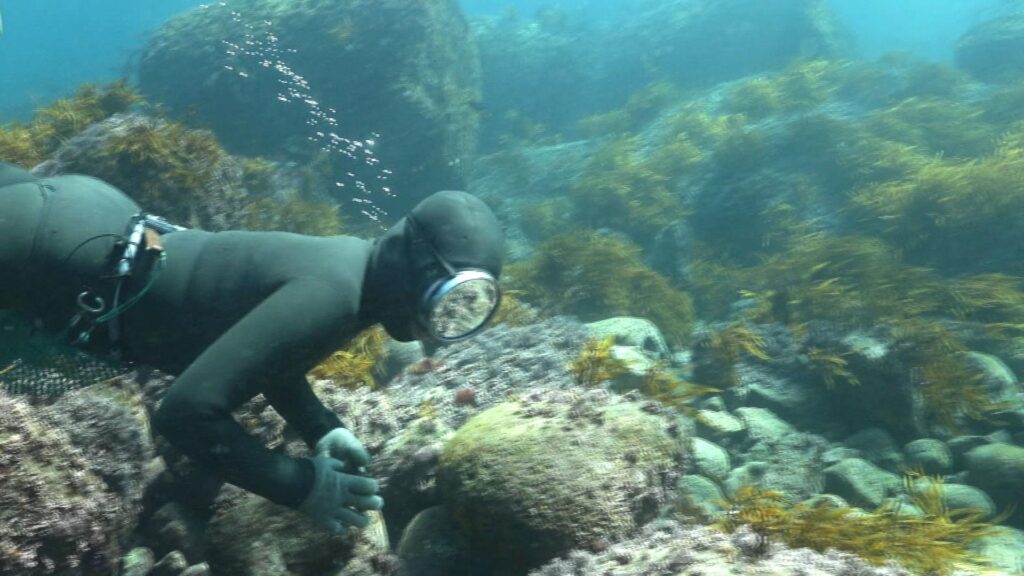
Interestingly, the haenyo divers of Jeju Island share some similarities with their fictional sisters in The Little Mermaid. Both are skilled swimmers who spend a lot of time underwater, and both are associated with the sea. However, the haenyo divers are not mythical creatures – they are flesh and blood women who have dedicated their lives to diving and providing for their families. They are a real life treasure living among us who should be cherished.
Despite the fact that the haenyo divers have been part of Jeju Island’s culture for centuries, their way of life is now in danger of disappearing. The number of haenyo divers has been declining rapidly in recent years, as younger generations are choosing not to take up the tradition. This has led to concerns about the future of Jeju’s cultural heritage and the sustainability of its seafood industry.
However, there is hope for the haenyo divers yet. In recent years, there has been a renewed interest in their way of life, both on Jeju Island and around the world. Documentaries and news stories have highlighted the incredible skills and strength of the haenyo divers, bringing attention to their culture and the challenges they face.
This renewed interest in haenyo culture could not have come at a better time, as Disney’s upcoming live-action adaptation of The Little Mermaid is set to bring mermaids back into the public consciousness. While the movie is a work of fiction, it could help to raise awareness of the real-life mermaids that exist in the world today.
As a symbol of Jeju Island’s haenyo divers, a smiling mermaid statue sits on the north shore of the island, near the famous Dragon’s Head Rock. The statue represents the strength, beauty, and resilience of the haenyo divers, and serves as a reminder of the important role they play in the island’s culture and history.
Plus, in addition to Jeju’s mermaid statue South Korea’s capital Seoul also has one of their own! The Seoul mermaid is a copy of Copenhagen’s Little Mermaid statue done as part of a cultural art exchange between the two cities. You can find the scale bronze reproduction on the waterfront of the Han River close to the Mapo Bridge
So it seems that the upcoming live-action adaptation of The Little Mermaid and the real-life haenyo divers of Jeju Island may seem worlds apart, but they share a common bond – a love for the sea and the incredible creatures that live within it. While one is a work of fiction and the other is a real-life cultural heritage, both are worthy of our attention and respect. By learning more about the haenyo divers of Jeju Island and supporting their way of life, we can help to preserve a unique and valuable part of our global heritage.
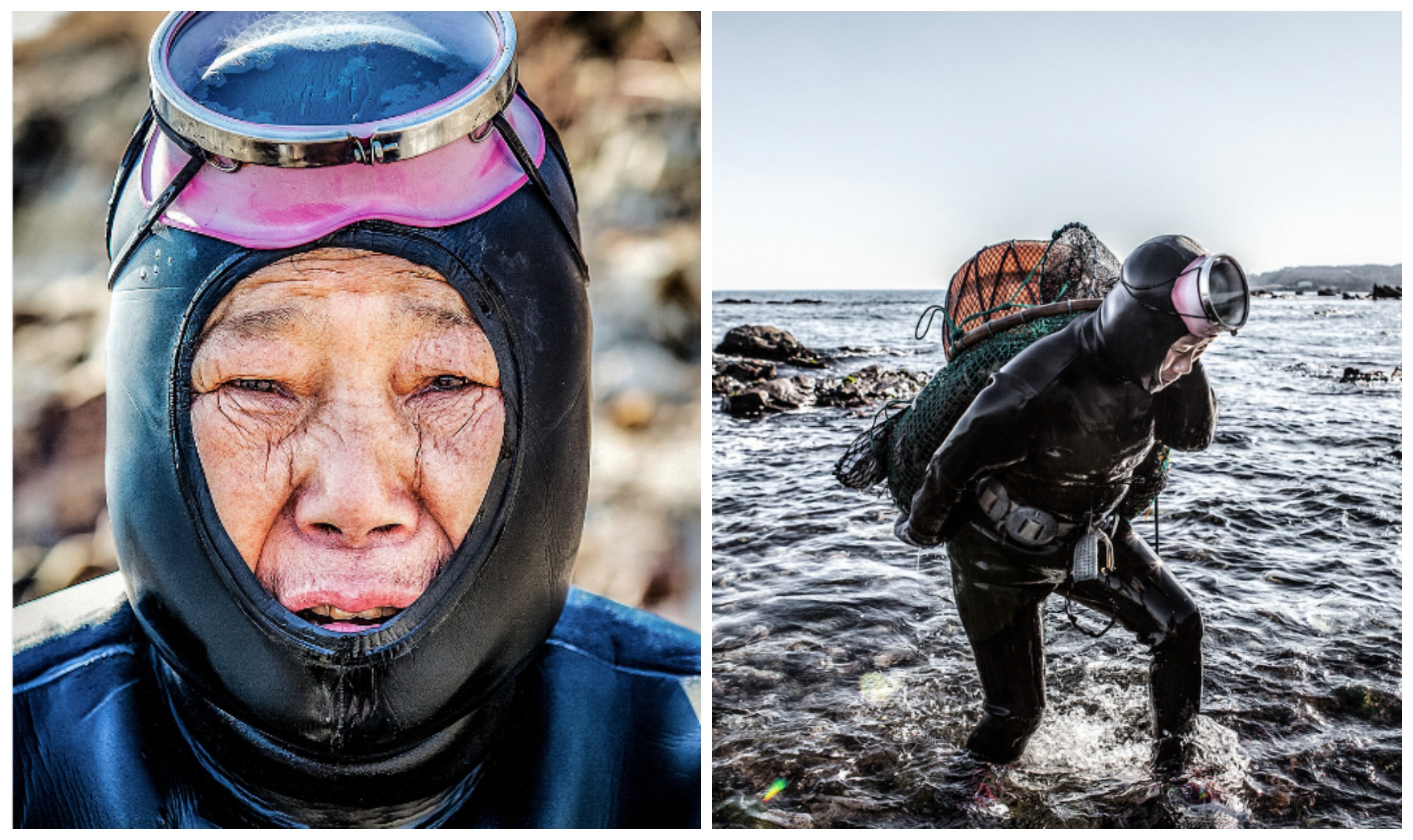
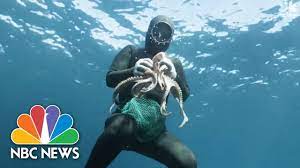
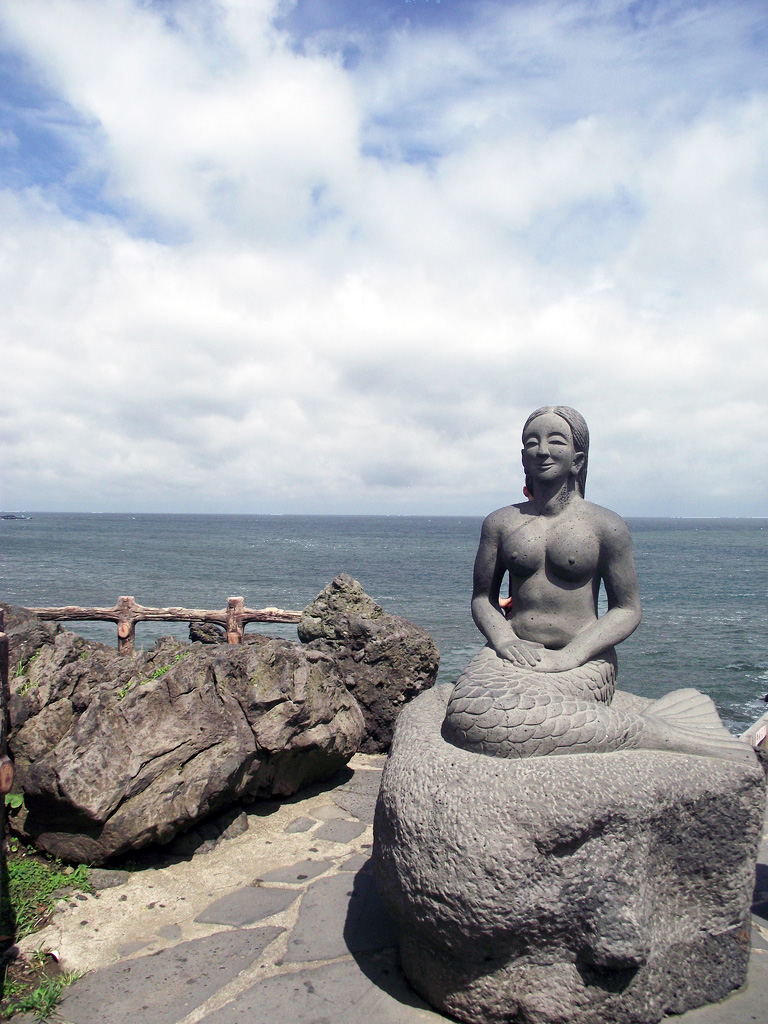
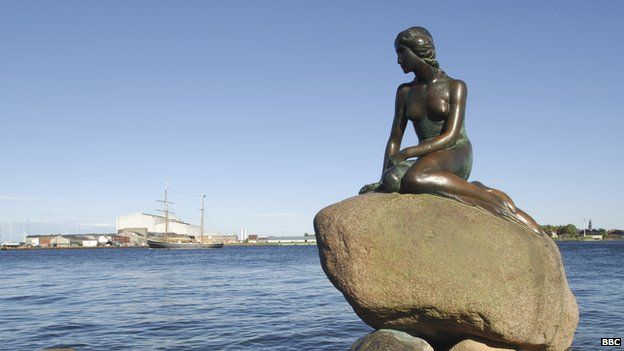
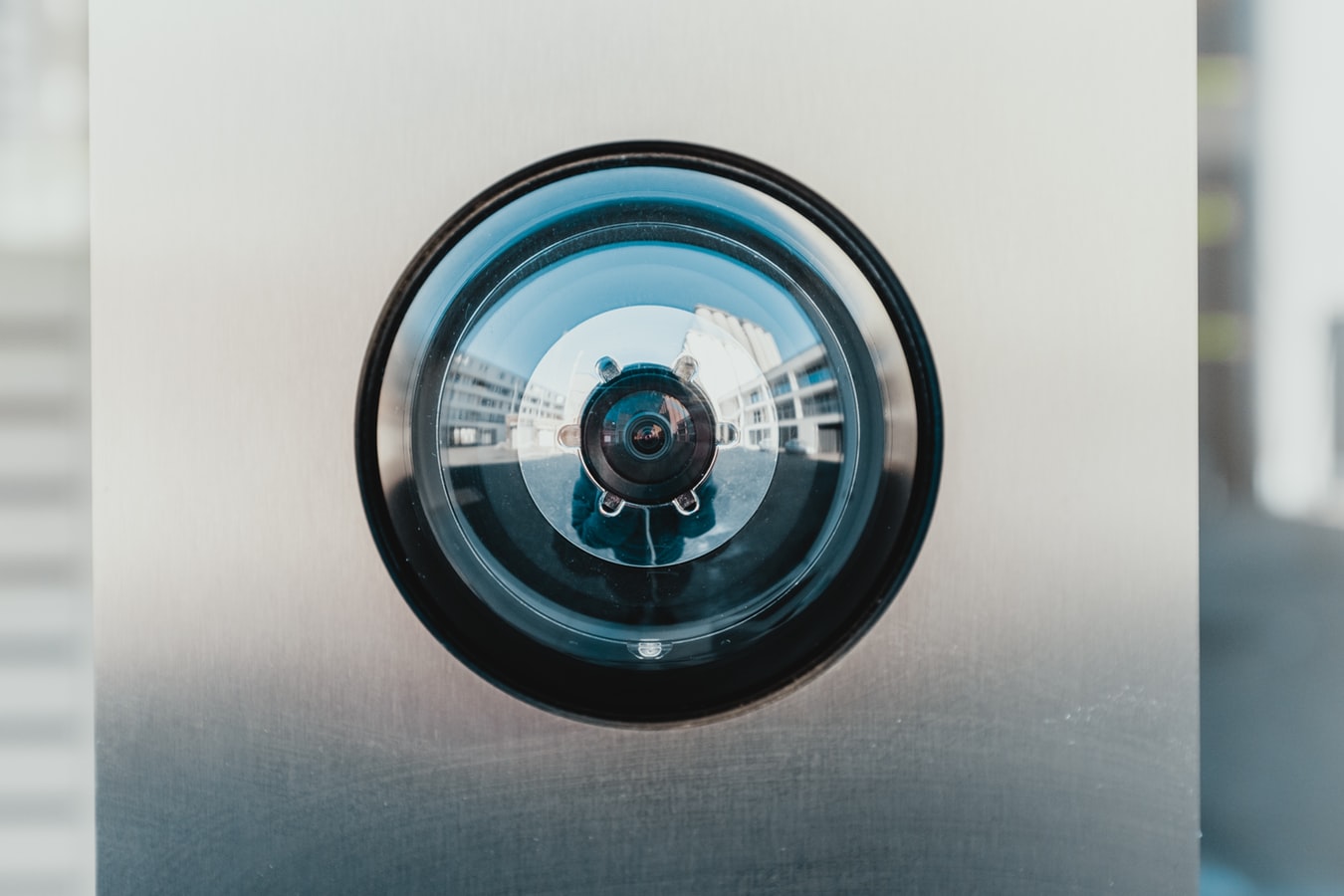
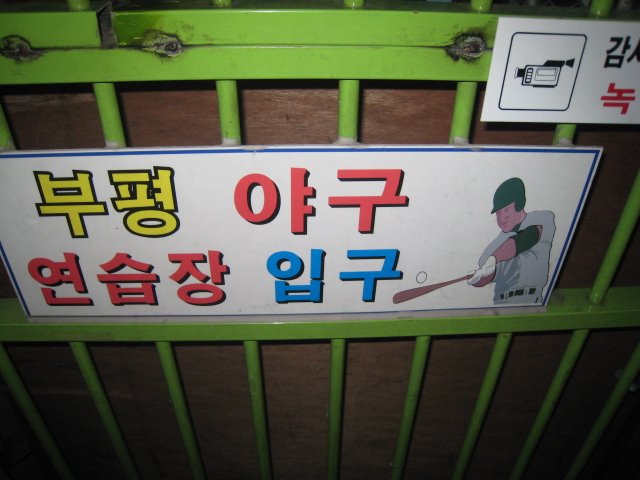

It’s truly sad the new generation doesn’t have the desire to do tie such a lovely tradition. They need to reach out to other groups who may be more inclined to pick up the practice.
This is a good idea. I’m surprised no one has thought of doing a reality competition to become a jeju haenyo with months long training and a cash prize for the winner.